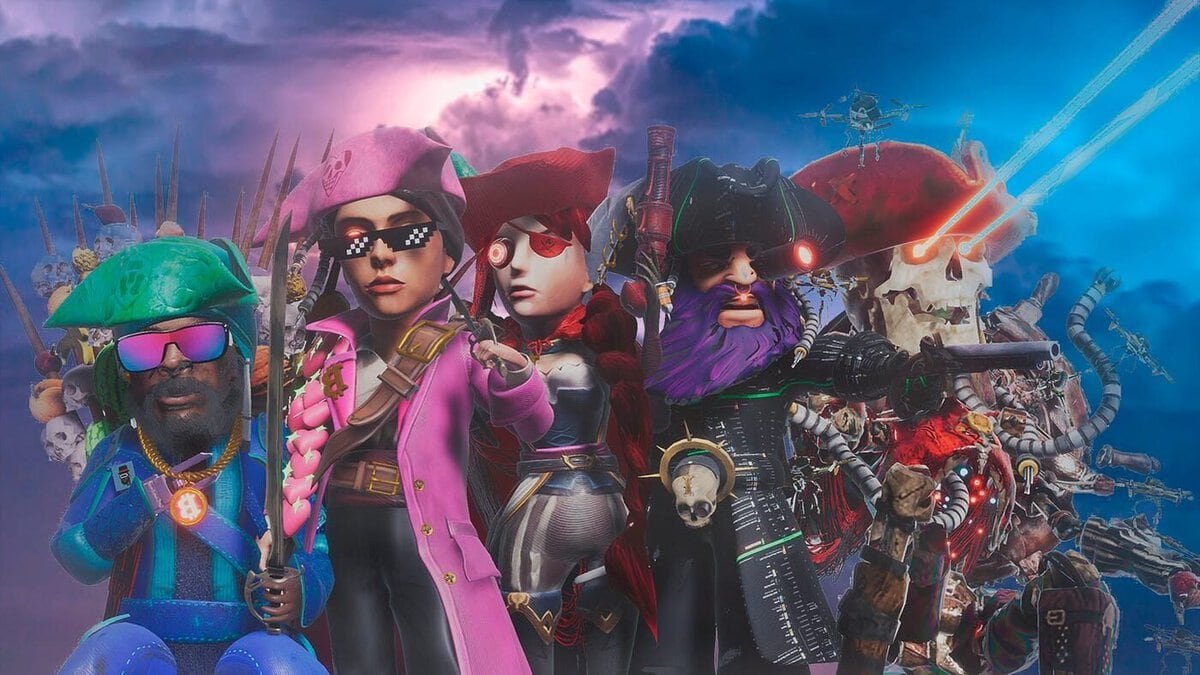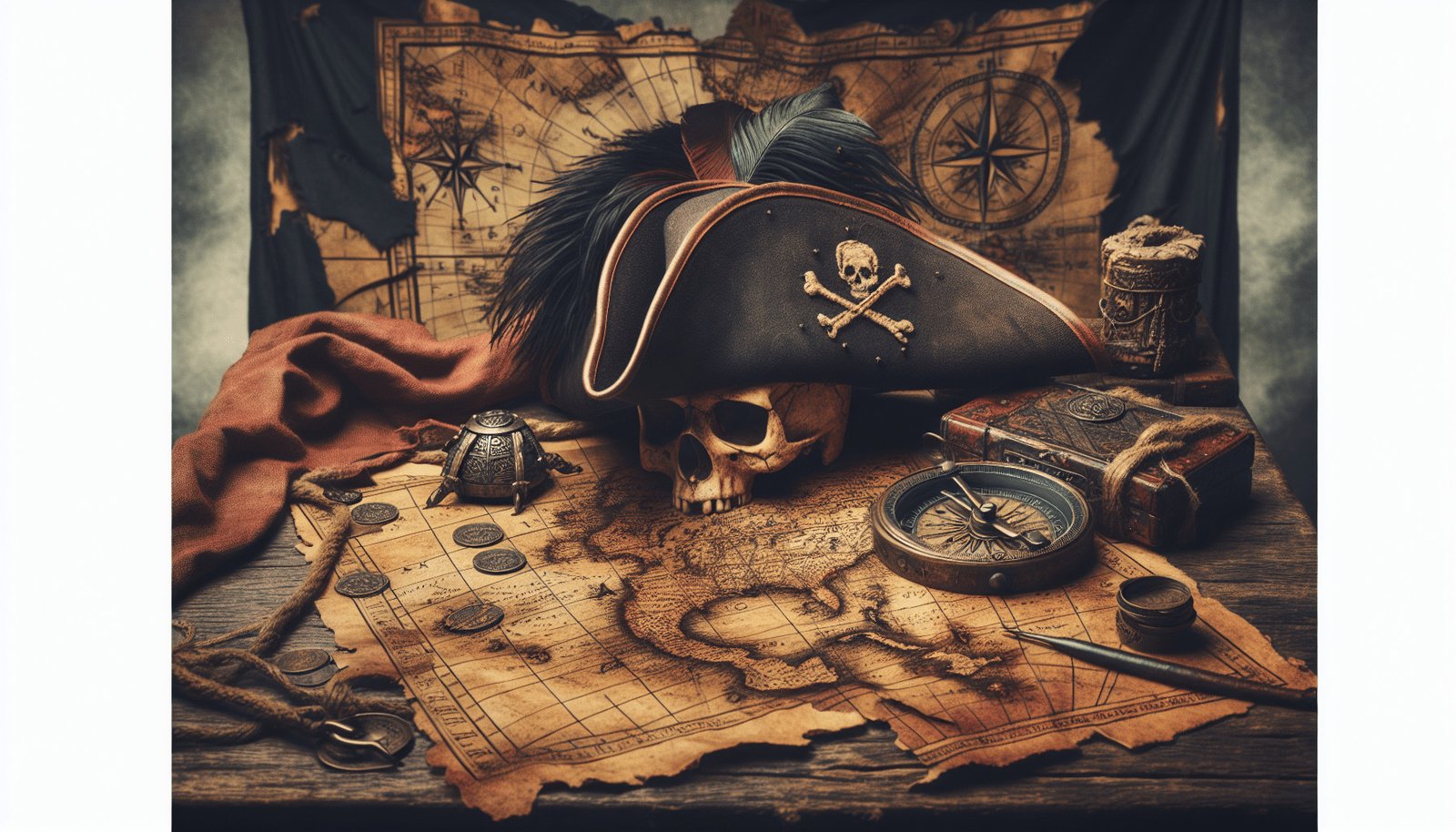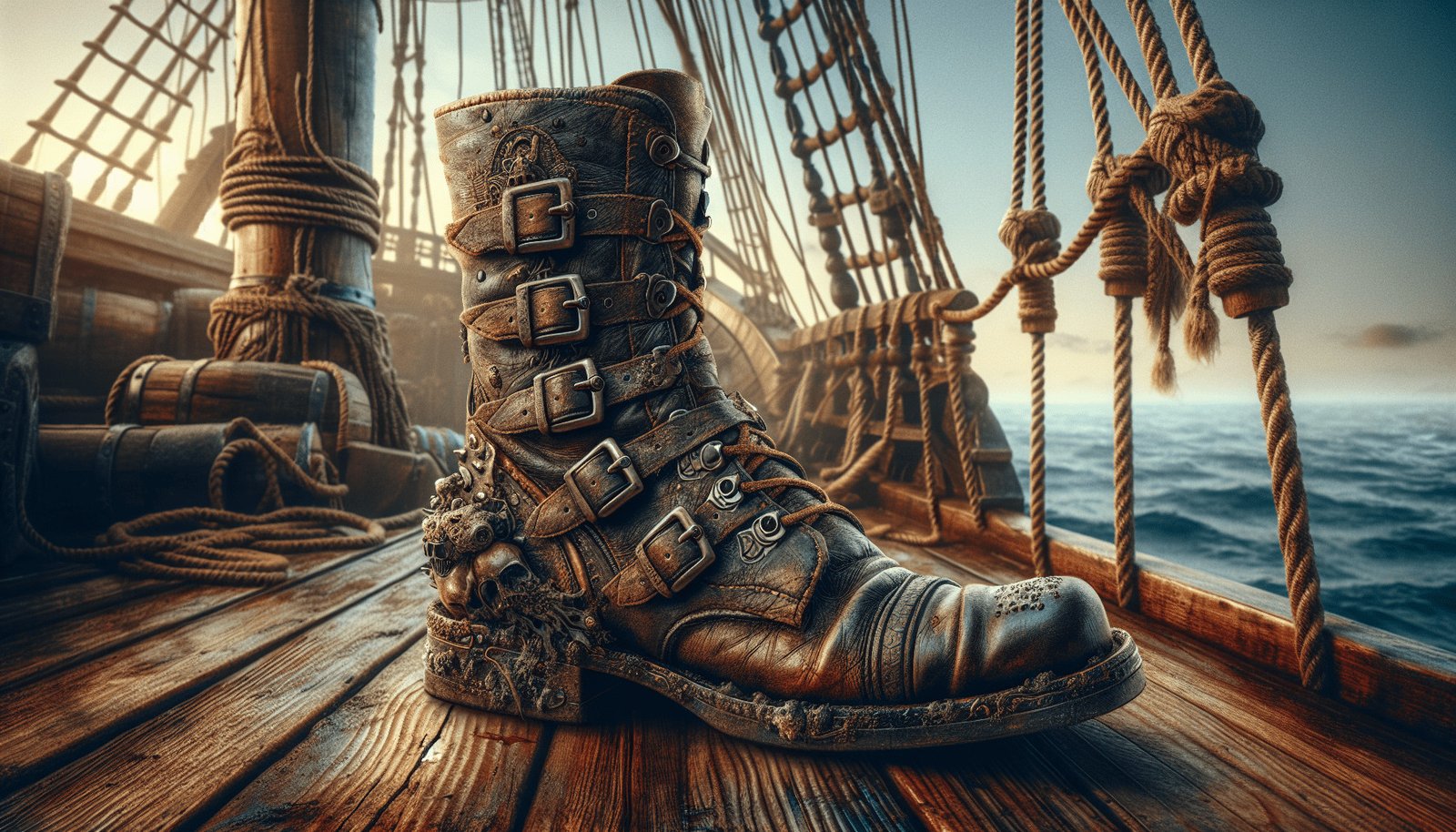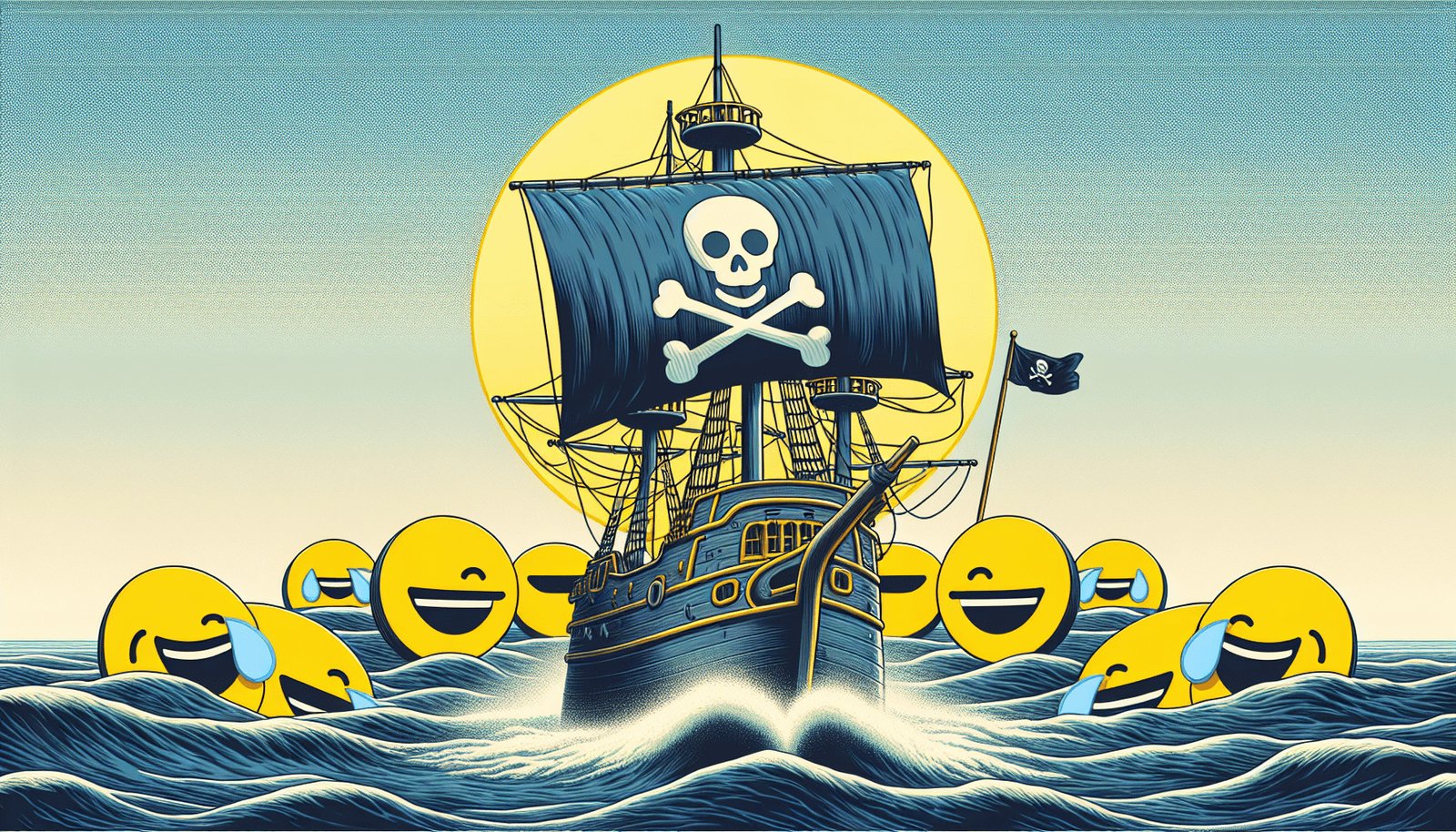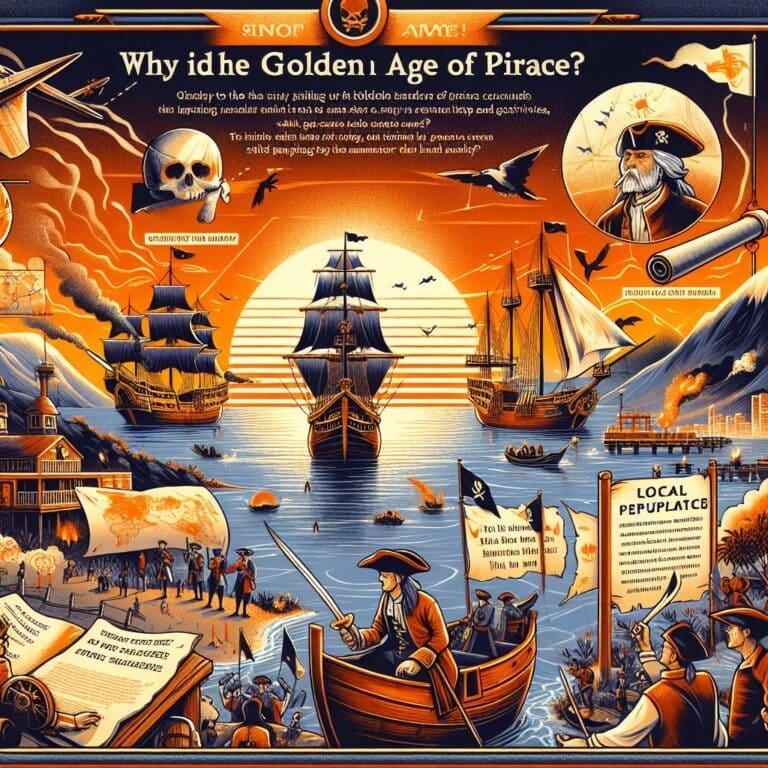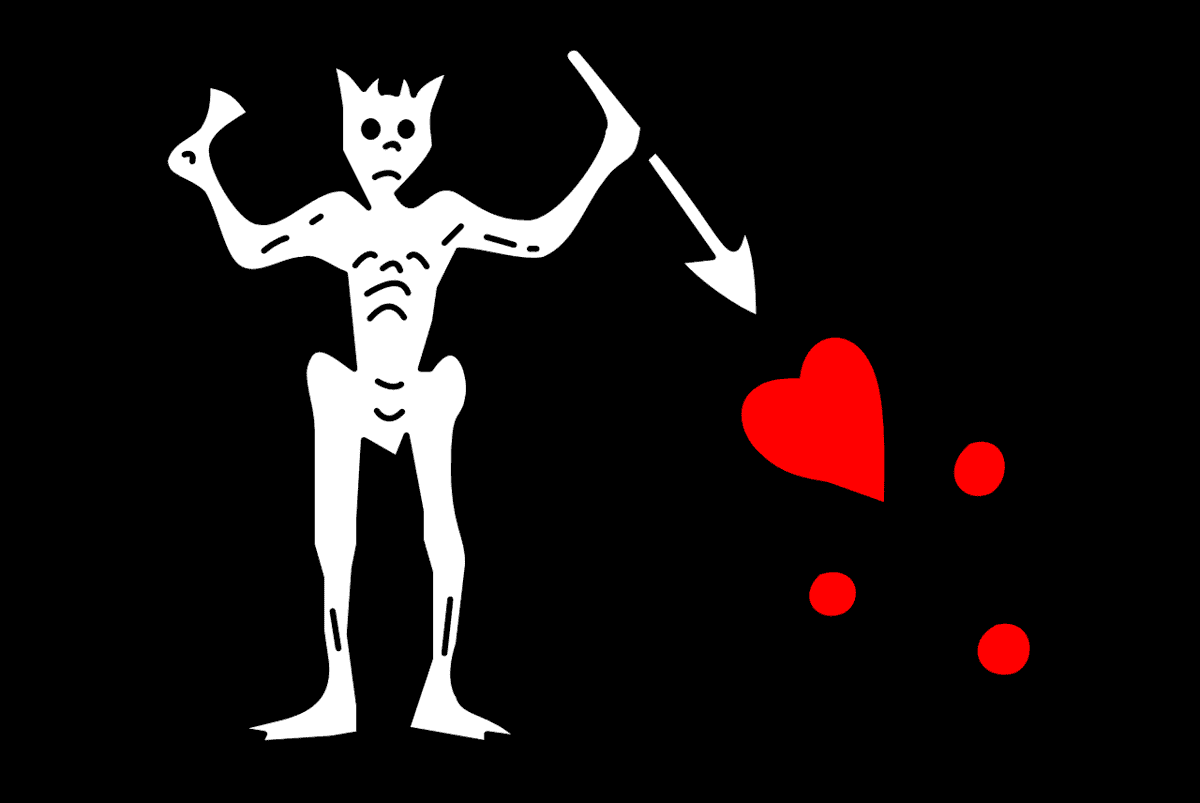## Pirate Art: Beyond the Jolly Roger
This article explores the fascinating world of pirate art, moving beyond the stereotype of the Jolly Roger to reveal a diverse and surprisingly sophisticated artistic tradition.
Pirates, often marginalized as lawbreakers and outlaws, developed their own visual language, expressing their identity, beliefs, and experiences through a range of mediums.
The Evolution of a Maritime Style
While the iconic skull and crossbones may be the most recognizable symbol of piracy, it represents only a sliver of this intriguing artistic tradition.
Pirate art wasn’t confined to flags and emblems. Pirates used readily available materials and their own resourcefulness to create artwork that functioned both aesthetically and practically.
Unconventional Mediums, Bold Expression
Pirate artistry thrived on improvisation.
* Ships: Wooden vessels provided canvases for carving, with pirates scratching messages, designs, and even rudimentary portraits into hulls and masts.
* Maps and Charts: Route maps weren’t simply functional; they were often adorned with pictorial symbols, secrets codes, and cryptic clues, becoming works of art themselves.
* Sails and Flags: Flags could be used for intimidation, signaling, and even propaganda. Beyond the menacing Jolly Roger, pirates devised elaborate banners and motifs expressing loyalty to a captain or crew, or serving as a rallying cry.
* Rations and Other Supplies: Even everyday items like ration boxes and canteens were decorated with carvings, scribbles, and illustrations, reflecting the pirates’ personal tastes and experiences.
The Psychology of Intimidation: More Than Just a Skull
The purpose of much pirate art was straightforward: instill fear and discourage resistance. Symbols like skulls, crossbones, daggers, and death-related imagery were designed to evoke a visceral reaction in potential victims.
Beyond the Brutal: The Human Touch
While intimidation was a key element of pirate art, there was also a desire to express individual identity and the camaraderie of pirate life. Sketchy portraits of fellow pirates, depictions of battles and adventures, and even humorous scenes celebrating the outlaw lifestyle reveal a surprising complexity within pirate artistic expression.
This article serves as a starting point to delve deeper into the rich and often overlooked world of pirate art. By exploring these less familiar facets, we gain a more nuanced understanding of these enigmatic figures and the world they inhabited.
